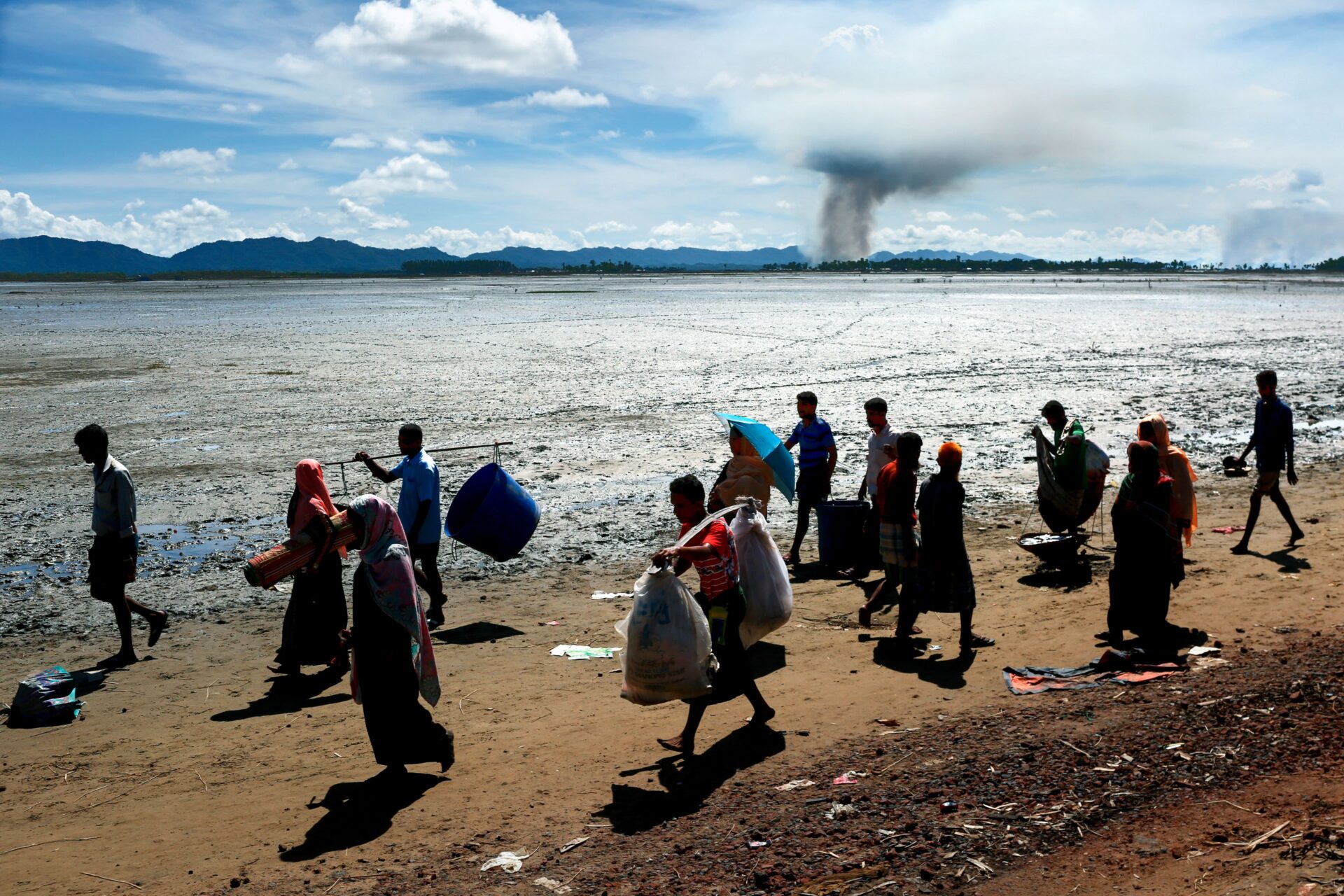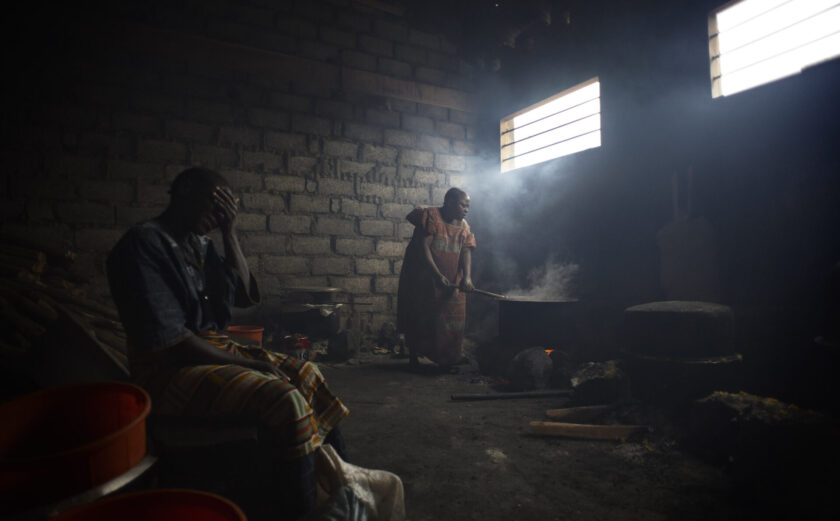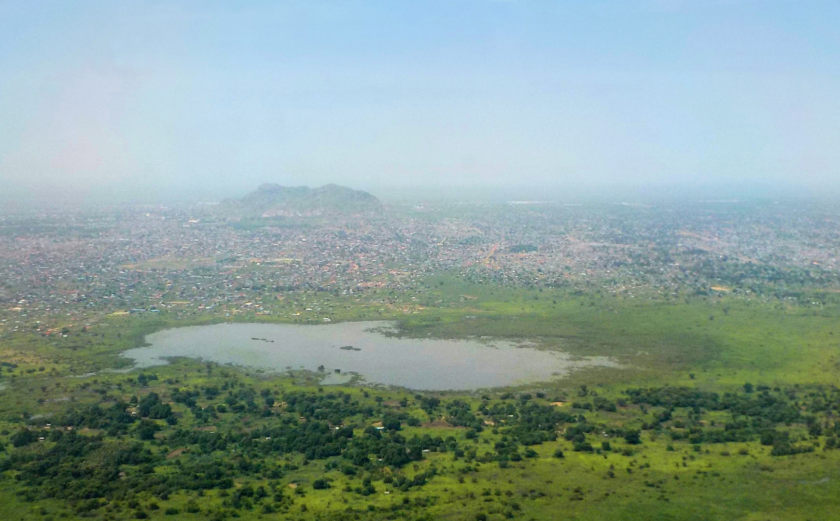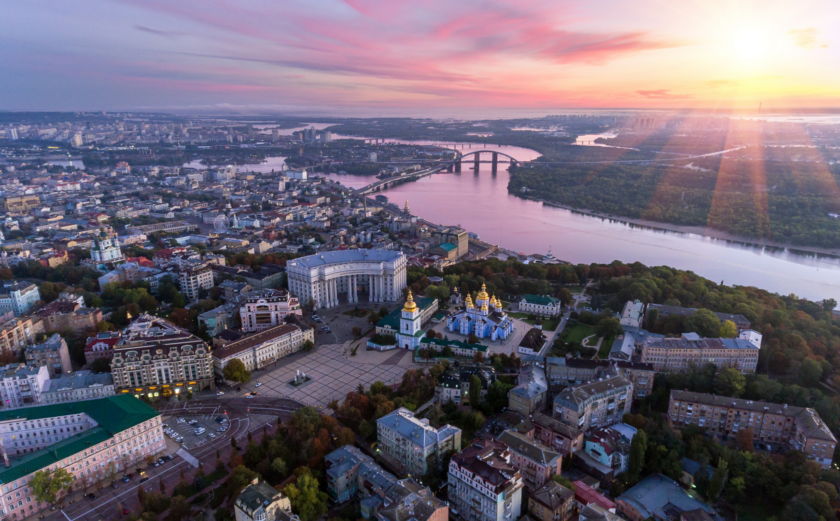
Violence in Myanmar Intensifying Humanitarian Needs
Since October 2023, resistance forces in Myanmar have gained territorial control across different parts of Myanmar. Expanded resistance has been accompanied by increased losses for the Myanmar military. Myanmar’s de facto authorities have routinely punished civilians they view as supporting the opposition, a trend that has worsened since October 2023 as they lose ground to resistance forces across the country.
Escalating armed conflict has led to deepening humanitarian need, high poverty levels, violence against civilians, destruction of civilian infrastructure, and civilian casualties. These recent shifts are challenging the delivery of aid to the most vulnerable.
To address the losses to ethnic armed organizations (EAOs) and mass desertions in the Myanmar military, on February 10, 2024, Myanmar’s de facto authorities reactivated an old law requiring young men and women to enlist in the military. Reports indicate forced conscription into the junta’s ranks, using threats and violence for enlistment. Fear of conscription has driven large numbers of individuals—especially young men—to seek safety in neighboring countries and internally in different parts of the country. Forced recruitment by other parties to the conflict, including EAOs and People’s Defense Forces (PDFs), are also being reported.
Rohingya populations are particularly vulnerable to conscription due to a long history of persecution, limited mobility, and limited access to aid. In Myanmar’s northern Rakhine State, the Rohingya population faces increasingly brutal abuses at the hands of both the military and the Arakan Army (A.A.), a powerful ethnic armed group in Rakhine State. In recent weeks, the A.A. has seized control of several townships in Rakhine, including northern Rakhine, leading to the displacement of thousands of people and increased tensions between Rakhine and Rohingya communities. More than 200,000 people have been displaced in Rakhine since clashes between Myanmar armed forces and AA resumed in November 2023, and the delivery of essential supplies and aid items remains restricted as Myanmar’s junta blocks major roads and waterways.
For Rohingya, conscription is just one element of the continued persecution they face. Both the A.A. and the Myanmar armed forces (MAF) are allegedly forcing Rohingya to join their ranks, generating immense fear of having to fight alongside the armed actors responsible for abuses to their communities.
With their movement restricted in Rakhine State, Rohingya are forced to seek safety in makeshift shelters, including in public buildings like schools. A.A.-MAF clashes are expected to continue resulting in attacks on civilians and civilian infrastructure. In addition to violence, populations in Rakhine face telecommunication and internet restrictions that prevent civilians from contacting loved ones amid the conflict, contributing to the isolation that allows for ongoing human rights violations.
The violence and oppression are reminiscent of what Rohingya experienced at the hands of the military back in 2017, which triggered the mass exodus of over 700,000 Rohingya into neighboring Bangladesh. United Nations (U.N.) officials said they have received recent reports of serious human rights abuses. The U.N. Office of the High Commissioner for Human Rights (OHCHR) called for an immediate end to the violence and for all civilians to be protected without any distinction based on identity.
Unfortunately, these events are not confined to Rakhine State—almost all parts of the country are facing human rights violations and continued access restrictions. In a country already experiencing immense humanitarian needs, these conflict dynamics only deepen suffering while the essentials for life, such as food, medical treatment, and shelter, go unmet.
Recommendations
The people of Myanmar are highly resilient and adaptable, but they should not have to face this alone. Despite access and funding challenges, humanitarian organizations continue to use diverse and complementary modalities and localized access strategies to reach people in need, often at great risk. These approaches need additional funding and continued donor flexibility to support adaptive programming to meet the rapidly increasing needs on the ground. Donor governments are responsible for ensuring sufficient funding and appropriate risk-sharing mechanisms for the humanitarian response plan, which is currently funded at only 12%.
The international community must stand in solidarity with the people of Myanmar and take swift action to address the growing humanitarian needs and insecurity. International actors have a significant role to play in helping address and end the rising insecurity, violence, and repression. The U.N. must put in place strong and permanent humanitarian leadership in Myanmar for sustainable humanitarian engagement and outcomes.
U.N. Member States must uphold obligations under international law to facilitate the democratic aspirations of the people of Myanmar and strongly advocate with all parties to the conflict to adhere to international human rights and humanitarian law. The U.N. Security Council (UNSC) should ensure open and regular briefings on the situation in Myanmar and monitor the progress of UNSC Resolution 2669. The Human Rights Council should swiftly condemn all human rights abuses and violations against Rohingya, Rakhine, and other communities by the Myanmar military and other parties to the conflict. Principled engagement with diverse stakeholders at the national and regional levels must be strengthened to ensure a holistic response to the Myanmar crisis.
—
About the Author
Aaron Nodjomian-Escajeda is a policy analyst for the U.S. Committee for Refugees and Immigrants (USCRI). Aaron, who co-leads InterAction’s Myanmar/Bangladesh Working Group, conducted a field visit to Rohingya refugee camps in Cox’s Bazar, Bangladesh, and co-led administrative advocacy efforts to secure Temporary Protected Status (TPS) redesignation and extension for Myanmar. Aaron also oversees USCRI’s asylum and anti-human trafficking policy efforts.









